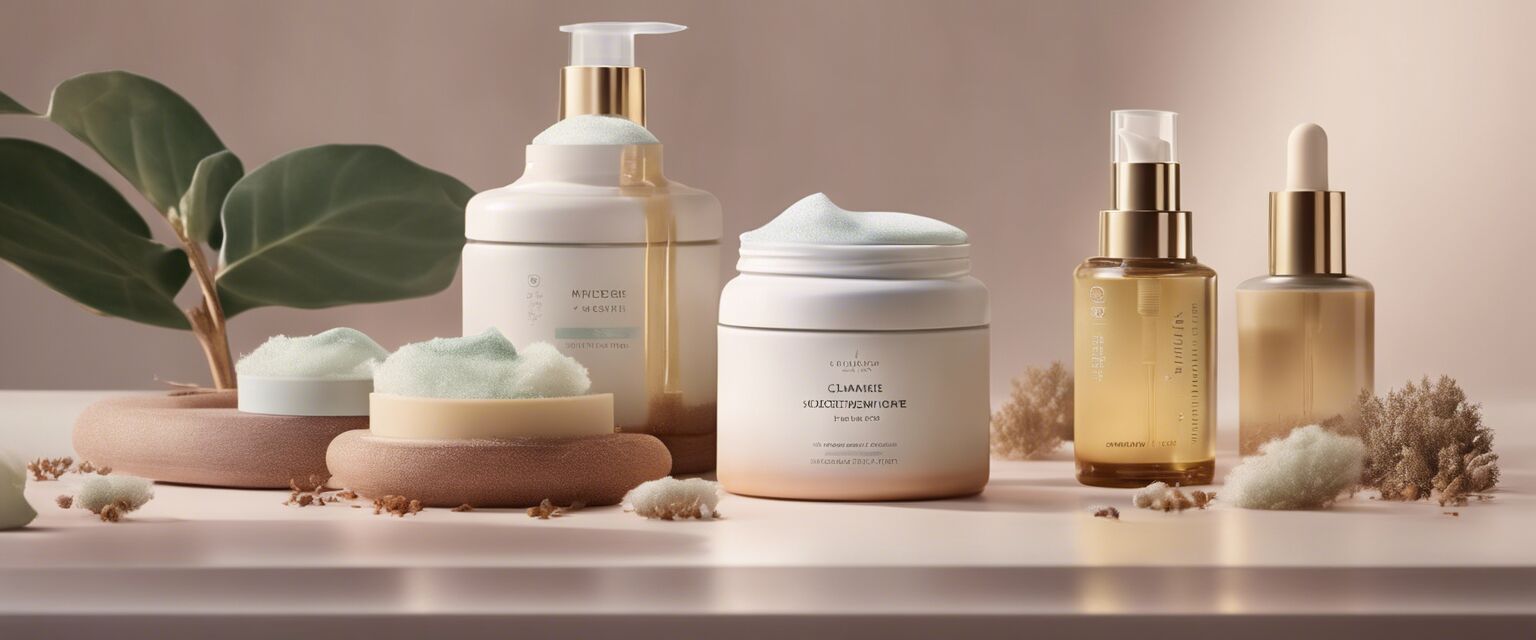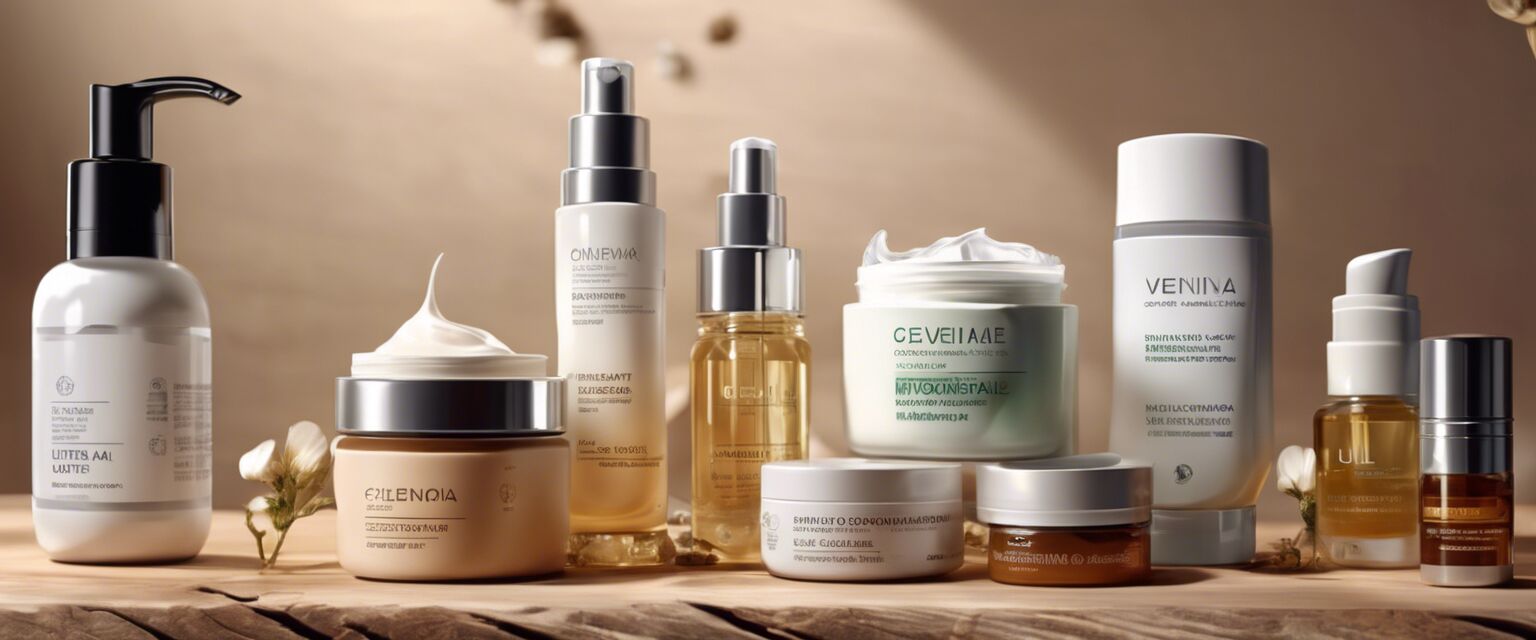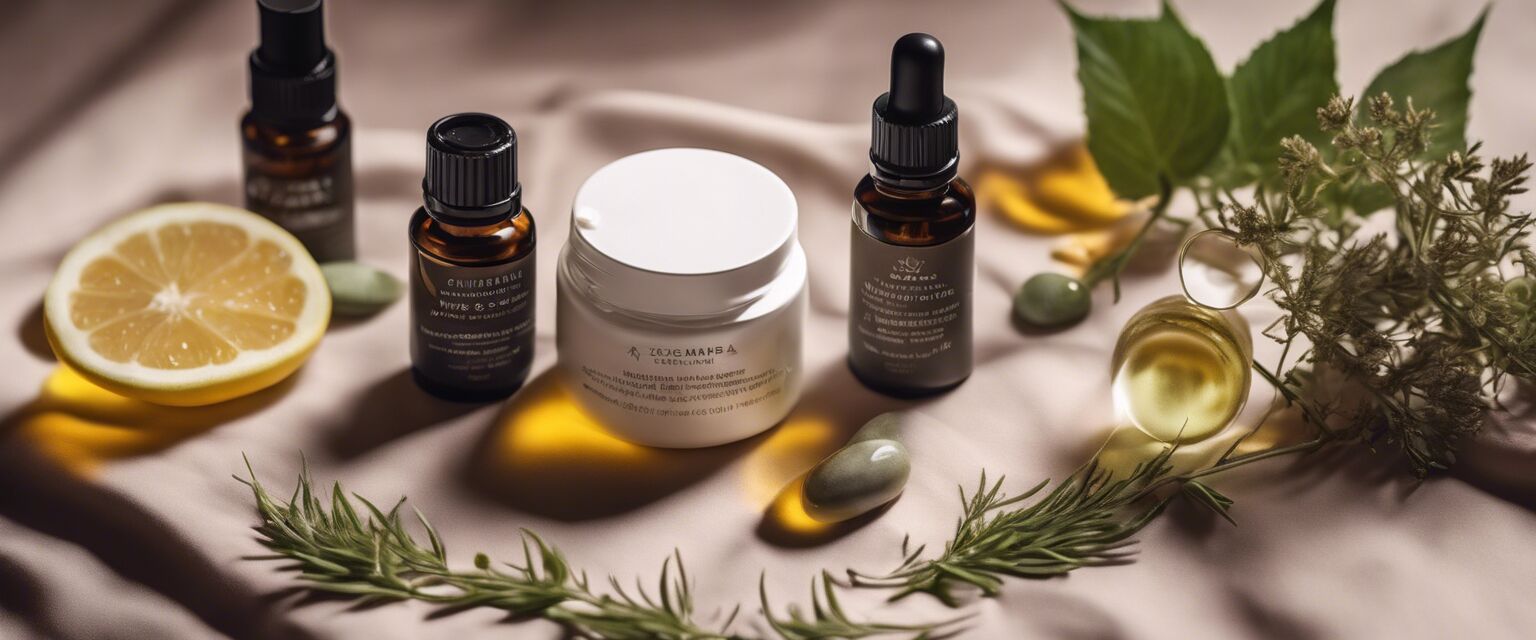
Sun Protection and SPF
Key Takeaways
- Sun protection is essential for maintaining healthy skin.
- SPF indicates the level of protection against UVB rays.
- Different types of sun protection products cater to various skin types and needs.
- Regular application and reapplication of SPF products are crucial for effectiveness.
- Choosing the right SPF can help prevent skin damage and premature aging.
Sun protection is a vital aspect of skincare that often goes overlooked. With increasing awareness of the harmful effects of UV rays, understanding the importance of SPF (Sun Protection Factor) and how to effectively use sun protection products is crucial for maintaining healthy skin. In this article, we will explore the significance of sun protection, the different types of SPF products available, and their benefits.
Why is sun protection important?
The sun emits harmful ultraviolet (UV) rays that can lead to several skin issues including sunburn, premature aging, and increased risk of skin cancer. Protecting your skin from these rays is essential for both cosmetic and health reasons. Here are some key reasons why sun protection should be a priority:
- Prevent skin cancer: Regular use of SPF can significantly reduce the risk of skin cancer.
- Avoid sunburn: Sunburns can be painful and damaging to the skin.
- Reduce premature aging: UV exposure can lead to wrinkles, fine lines, and age spots.
- Maintain even skin tone: Sun exposure can cause discoloration and uneven skin tone.
Understanding SPF
SPF is a measure of how well a sunscreen will protect your skin from UVB rays, the type of radiation that causes sunburn. The higher the SPF number, the greater the level of protection. Hereâs a quick breakdown:
| SPF Rating | Protection Level | Duration of Protection |
|---|---|---|
| 15 | 93% UVB Protection | Up to 150 minutes |
| 30 | 97% UVB Protection | Up to 300 minutes |
| 50 | 98% UVB Protection | Up to 500 minutes |
Types of sun protection products
There are various types of sun protection products available to suit different skin types and lifestyles. Here's a list of common types:
- Sunscreens: Creams, gels, and sprays designed to protect the skin from UV rays.
- Sunblock: Products that physically block UV rays, usually containing zinc oxide or titanium dioxide.
- Moisturizers with SPF: Daily moisturizers that include sun protection for added convenience.
- Makeup with SPF: Foundation or powders that offer some level of sun protection.
- Sun protective clothing: Clothing made from fabrics designed to protect the skin from UV rays.
How to apply sunscreen effectively
To maximize the effectiveness of your sunscreen, follow these tips:
- Apply sunscreen generously to all exposed skin at least 15 minutes before sun exposure.
- Use a sufficient amount; about one ounce (a shot glass full) is recommended for full body coverage.
- Reapply every two hours, or more frequently if swimming or sweating.
- Choose a broad-spectrum sunscreen that protects against both UVA and UVB rays.
- Don't forget areas such as the ears, neck, and top of the feet.

Choosing the right SPF for your skin type
Your skin type and lifestyle play a significant role in determining which SPF product is best for you. Here's a quick guide:
| Skin Type | Recommended SPF | Product Type |
|---|---|---|
| Oily Skin | SPF 30+ | Oil-free or gel-based sunscreen |
| Dry Skin | SPF 30+ | Moisturizing sunscreen with hydrating ingredients |
| Sensitive Skin | SPF 30+ | Physical sunblock with zinc oxide or titanium dioxide |
| Normal Skin | SPF 30+ | Broad-spectrum sunscreen |
Common myths about sun protection
There are many misconceptions about sun protection. Here are a few common myths debunked:
- Myth: You only need sunscreen on sunny days. Fact: UV rays can penetrate clouds, so protection is necessary every day.
- Myth: SPF 50 is twice as effective as SPF 25. Fact: While higher SPFs provide more protection, the difference is minimal.
- Myth: Darker skin doesn't need sunscreen. Fact: Everyone, regardless of skin tone, should use sun protection.
Conclusion
Understanding the importance of sun protection and the various SPF products available can greatly benefit your skin health. By choosing the right products and applying them effectively, you can enjoy the sun safely while protecting your skin from damage. For more on skincare, check out our other categories like Anti-Aging, Body Care, and Facial Care.
Pros
- Prevents skin damage and sunburn.
- Reduces risk of skin cancer.
- Helps maintain youthful skin.
- Available in various formulations for different skin types.
Cons
- Some products may cause irritation for sensitive skin.
- Can be greasy or heavy on the skin.
- Requires frequent reapplication when outdoors.
Tips for Beginners
- Start with a broad-spectrum sunscreen with at least SPF 30.
- Test products in a small area to check for reactions.
- Keep sunscreen in your bag for easy access.
- Incorporate sun protection into your daily routine, even on cloudy days.
Further Reading
For more insights into skin care, visit our pages on Hair Care, Makeup, and Nail Care.








